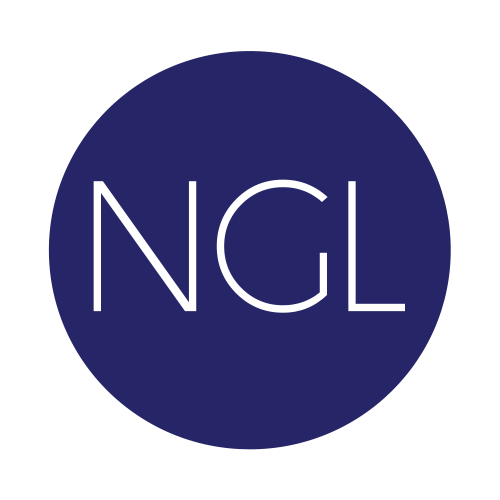Board evaluation
transparent, and accountable guided by ‘other eyes’
Across industries, we are seeing board members’ backgrounds becoming more diverse, which is a welcome and necessary development. In this light, the quality of communication and decision-making, trust and mutual respect, listening skills, and the ability to deal with differences (and even capitalize on them) are becoming more and more important.
What the Supervisory Board does is one thing; how it does it is quite another
NGL’s board evaluations cover the expected fundamentals and many additional pathways and insights, but we especially pride ourselves on addressing team dynamics and behavioral aspects in particular. With ruthless compassion, we zoom in on interpersonal relations, both within the Supervisory Board itself and between the Supervisory and Executive Boards.
Let’s talk about… how to evaluate a board
Self-reflection as sine qua non
An organization’s Supervisory Board is tasked with making evaluations on a variety of complex and mission-critical topics. To safeguard the board’s ability to fulfill this essential responsibility, it is crucial that the board also regularly evaluate its own composition, performance, and perspective.
NGL’s seasoned leadership counsels understand this like no other. They have built their track record on many years of personal experience as board-level executives and supervisors. They know what works, what doesn’t, why, and how apply guided self-reflection to chart a course toward excellence in top-tier team performance and leadership.
It is our experience that a common outcome of a thoughtful and thorough board evaluation is the participants’ realization that it should have been conducted earlier. Even for boards that have regular meetings, great hygiene, and are properly briefed, it is necessary to actively uphold the dynamics that foster inclusion and enable honest, unbiased conversations.
Charing for governance
The role of the chairperson as “orchestrator” of the board’s responsibilities and activities is of the utmost importance. The chair sets the tone and has a powerful influence on the board’s way of working and its priorities. For an organization’s governance to be effective, however, each and every board member must show inclusive behavior: in the end, it is the collective that makes a difference.
A foundational principle in this respect is the belief that bringing together different perspectives around the boardroom table will enrich the dialogue and lead to better governance. And indeed, diversity in the boardroom has improved considerably over the past years. However, in our experience, the ability to fully understand another’s perspective requires something more: superior listening skills. In addition to board members’ ability to advocate for their own points of view, today’s critical factor for board success is a deep and sincere motivation to distill and embrace value that is added from another perspective.
What we offer
In a board evaluation with NGL, we will build on our own executive and non-executive boardroom experience and our ongoing study of evolving boardroom practices. This provides us with a unique capability to support your board as part of the overall organization in a complex stakeholder landscape – with special attention for the role of the chair and the other board members in terms of inclusion, complementarity, and effectiveness.
We strongly encourage self-reflection and team dialogue, but also provide our professional judgment based on our one-of-a-kind “other eyes” promise. Our goal is to provide insights, guidance, and recommendations that are fit-for-purpose, working together with you to make your board resilient, well balanced, and future-proof.
